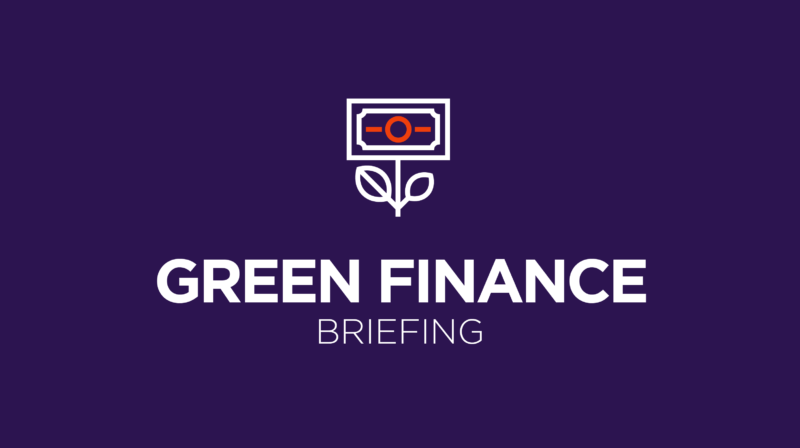Green Finance, Member Exclusive
Green Finance Briefing: GOP vs ESG – The Empire strikes back
- Republicans continue to flex their muscles against ESG, targeting the world's largest asset management firms saying that they're using their stakes in public companies to cast proxy votes that favor a "liberal political agenda".
- Despite all these challenges, it doesn't look like ESG is going anywhere anytime soon.








